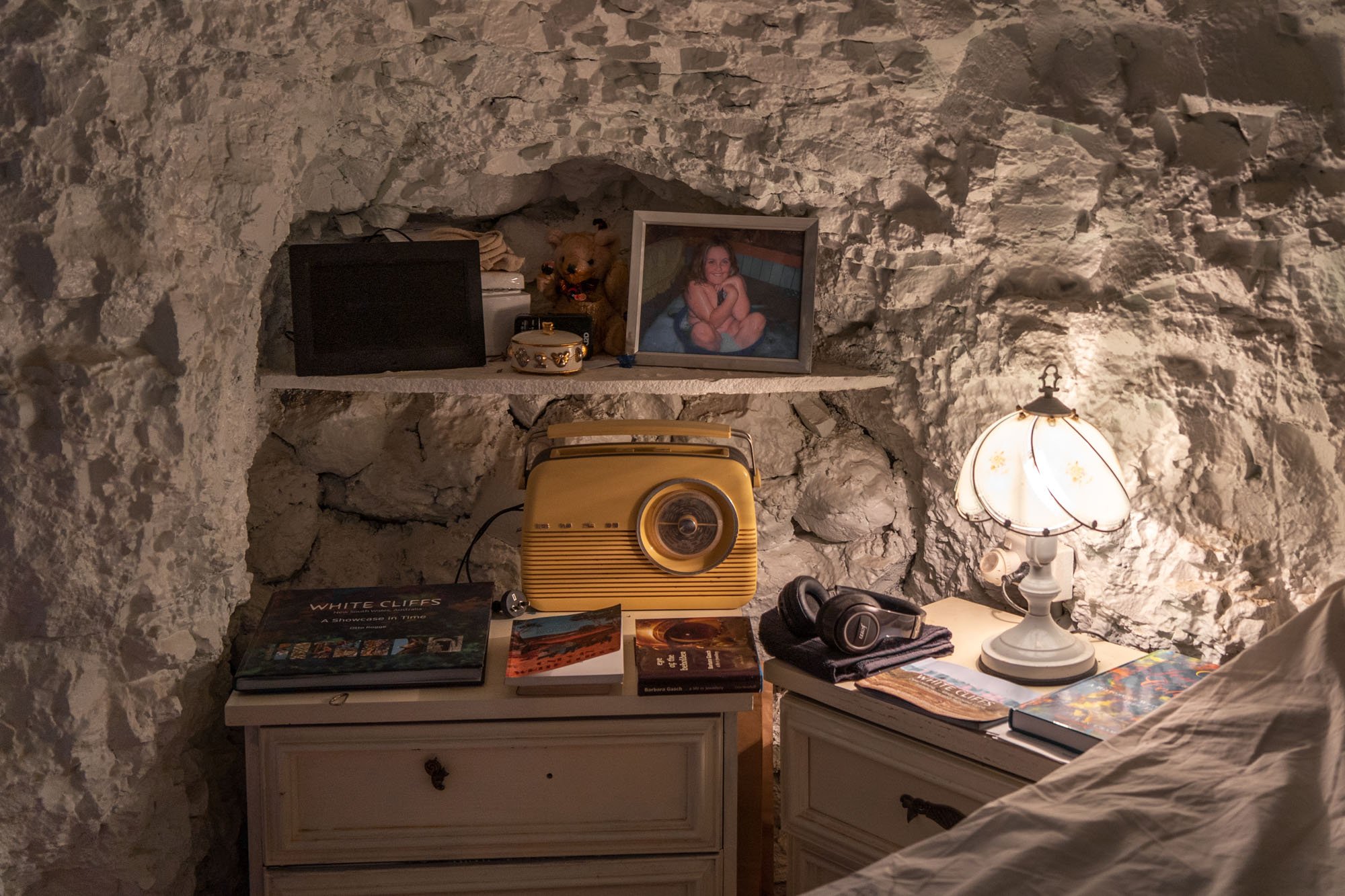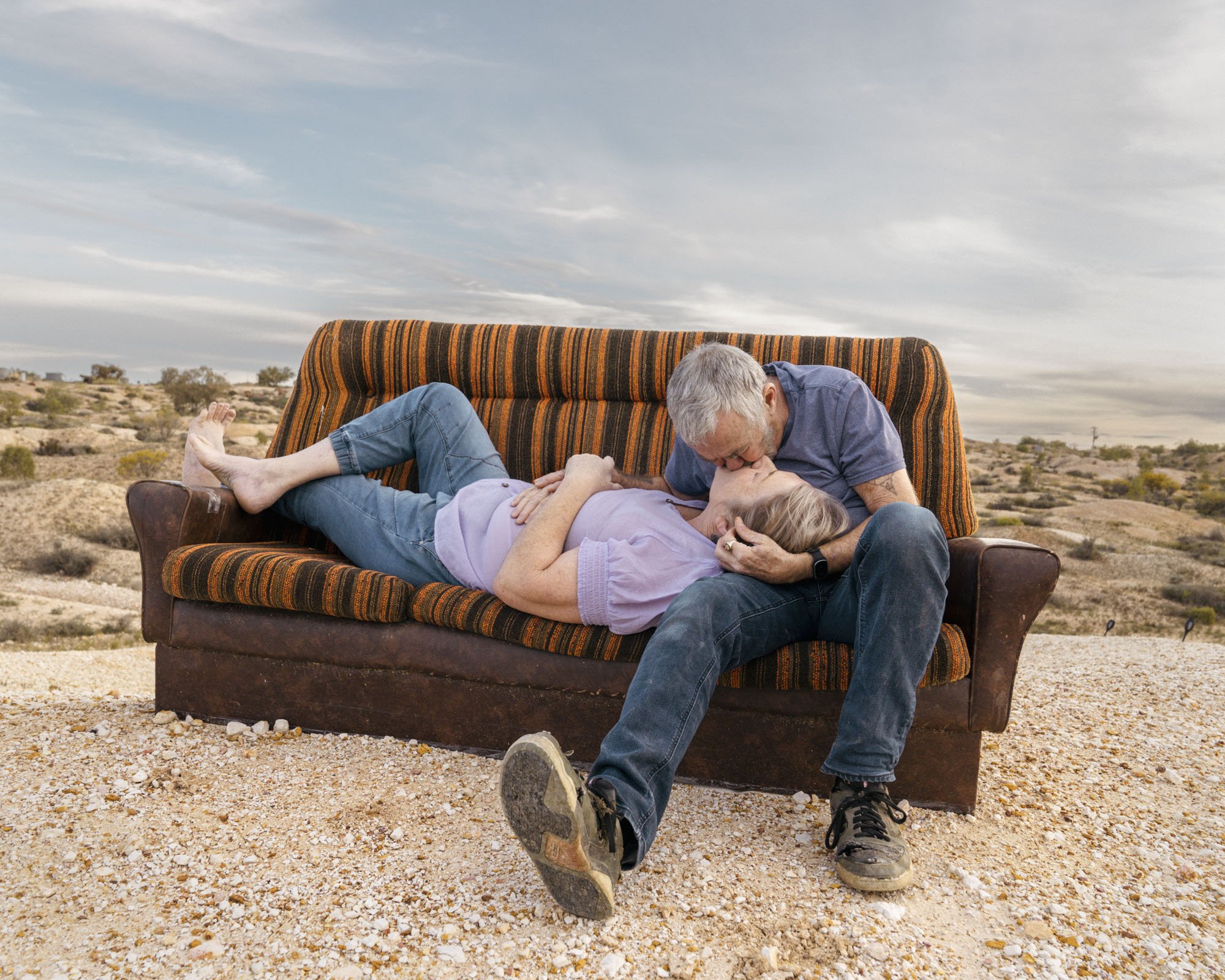ELSEWHERE
"This place is not for everyone. Some people find a home here, others think it's just a dust bowl. It also depends on how alone you can be, how much silence you can handle.”
In the heart of the Australian Outback, a 12-hour drive west of Sydney, lies White Cliffs, a small and remote community of about 200 people. Due to the scorching summer temperatures and limited access to building materials in the desert, most residents choose to live underground, in caves dug into the hillside.
White Cliffs was first established in the late 1800s as an opal mining settlement, but today the town has evolved from a mining field to a small community of people who choose to live here - underground - for various reasons. While some still mine opals, many others are drawn to the slower lifestyle, aiming to escape the incessant rhythm of big cities or simply to afford a larger house.
In Australia - a country with an urbanization rate that exceeds 80% - this isolated town emerges as a counterpoint, a microcosm of life untouched by pervasive urban developments. Amidst a global landscape where over half of the world’s population lives in metropolitan areas (projected to increase to around two-thirds by 2050), communities like White Cliffs reveal a horizon of possibilities that diverge from the mainstream trajectory.
Although the living conditions in contemporary White Cliffs are much less severe compared to the challenges faced by early settlers, they still demand significant adjustments. Underground homes are hewn into the rock by the residents themselves, and the closest supermarket is a three-hour drive away. The ebb and flow of everyday life are dictated by cycles of the desert, encompassing periods of droughts, floods, and scorching 120-degree heat days.
The series Elsewhere looks at life in this seemingly inhospitable location, its inhabitants, and the reasons that brought them there. It explores the symbiotic relationship that residents develop with the land surrounding them, how they navigate physical isolation and solitude, and cultivate a sense of identity and belonging in one of the most remote locations in the country.





















